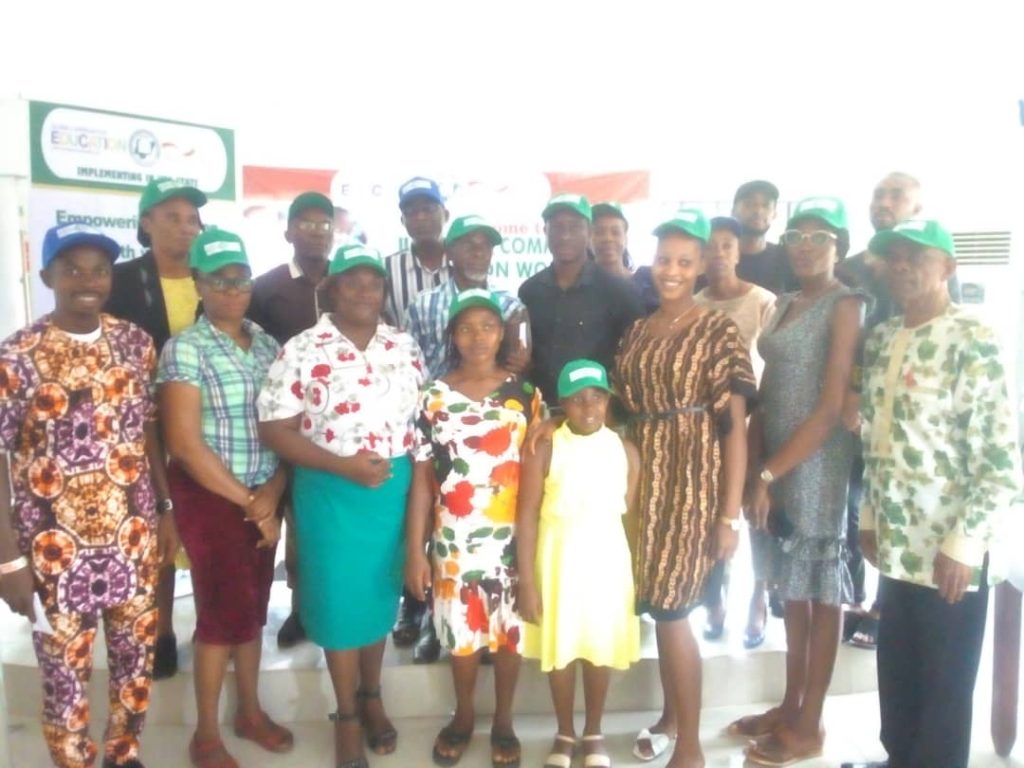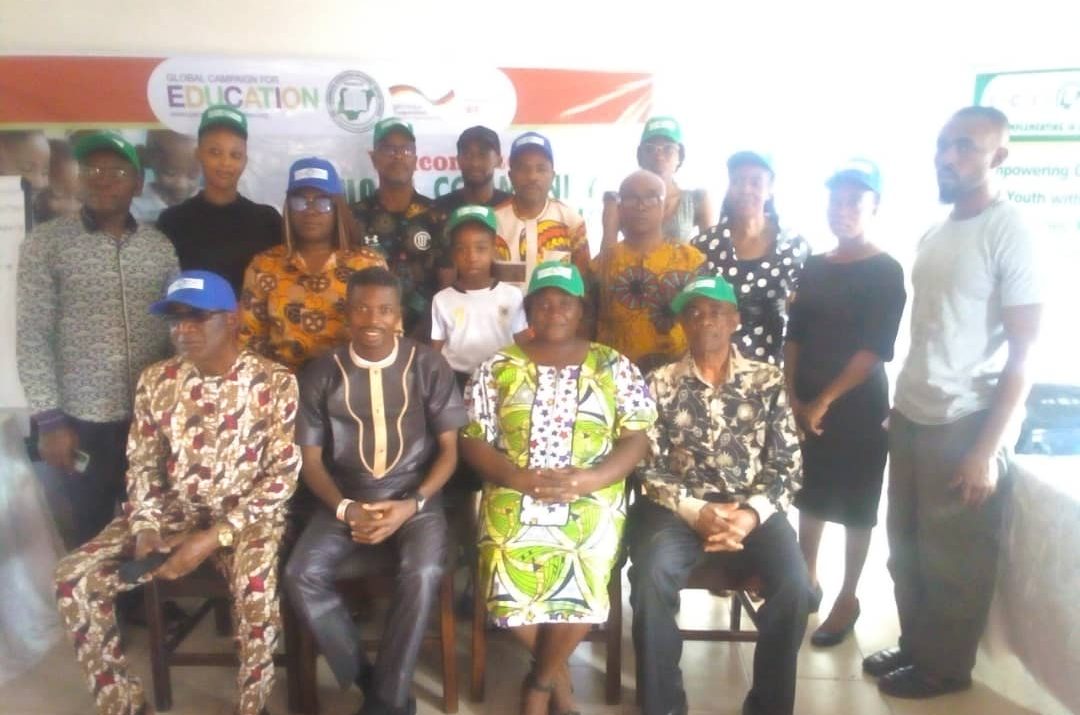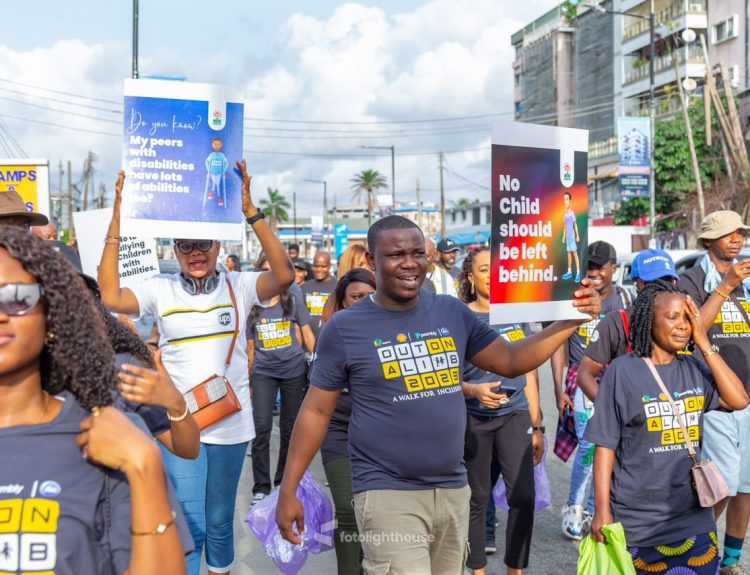The Imo State GIZ Project Team, in collaboration with the Nigerian National Commission for Mass Literacy, Adult, and Non-Formal Education (NOGALSS), has concluded a two-day mobilization workshop in Umuoda Community, Owerri Municipal Local Government Area, aimed at sensitizing stakeholders on the transformative impact of digital education on economic development.
Led by Mrs. Ihuoma Onwuchekwa, Team Lead of the GIZ Project, the workshop sought to introduce the objectives of a groundbreaking initiative designed to empower children and youth with digital skills essential for sustainable livelihoods in the evolving global economy.
“This project is not just about teaching digital skills; it’s about bridging the digital gap and preparing young people for economic independence,” said Onwuchekwa. She emphasized the importance of intergenerational learning and community participation in ensuring the project’s success, urging stakeholders to embrace the initiative wholeheartedly.
Dr. Emmanuel Obasi, a NOGALSS Executive, elaborated on the project’s goals, which include empowering out-of-school children with digital competencies and fostering collaboration between generations. He described digital competence as a vital tool for economic resilience, particularly for underserved areas, and stressed that active community involvement was critical for the program’s success.

Sustainability and Monitoring Frameworks
The workshop featured detailed presentations on project mobilization, sustainability strategies, and monitoring frameworks. Mr. Ifeanyichukwu Ibeh, Communication and Advocacy Officer, highlighted the importance of involving community leaders, guardians, and other stakeholders in spreading awareness and ensuring widespread participation.
Meanwhile, Mr. Emeka Ani, Monitoring and Evaluation Officer, outlined the mechanisms to track the project’s progress, including regular assessments, data collection, and oversight by Community-Based Management Committees (CBMC). He assured stakeholders that these measures would ensure accountability and the long-term impact of the project.
Community Support and Feedback
Community members expressed their enthusiasm and posed critical questions about the project’s selection criteria and sustainability. Mrs. Florence Uzoma, a women leader, sought clarity on learner selection, while Youth Leader Prince Obinna stressed the importance of transparency in reaching the target audience.
The community leader, Mr. Anosike Samuel, thanked GIZ and NOGALSS for the initiative, pledging the community’s support and expressing optimism about the project’s potential to uplift local youths and align Nigeria with global technological advancements.
Stakeholder Attendance and Future Plans
The workshop brought together key stakeholders, including representatives from the Imo State Ministry of Education and Ministry of Women Affairs, CBMC members, guardians, and prospective learners. The positive feedback and commitment from local leaders established a strong foundation for the project’s successful rollout.
The initiative underscores the growing recognition of digital literacy as a cornerstone for economic development, positioning Imo State as a leader in integrating technology-driven education into community development.





2 Comments